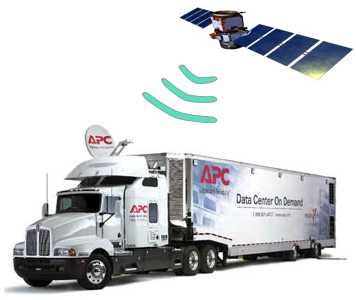Energy-Efficient and Reliability-Aware Data Management in Mobile Storage Systems

Highly reliable, high performance and energy-efficient storage systems are essential for mobile data-intensive applications such as remote surgery and mobile data centers. Existing mobile storage systems generally consist of an array of independent small form factor hard disks connected to a host by a storage interface in a mobile computing environment. Although hard disks are cost-effective and can provide huge capacity and high-throughput, they have some intrinsic limitations such as long access latencies, high annual disk replacement rates, fragile physical characteristics, and energy-inefficiency. Compared with hard disk drives, flash disks are much more robust and energy-efficient, and can offer much faster access times. A major concern on current flash disk is its relatively higher price. This project develops a hybrid disk array system, which integrates small capacity flash disks with high capacity hard disk drives to form a robust and energy-efficient storage system for mobile data-intensive applications. In particular, an array of new data management techniques including energy-efficient data placement, self-adaptive and reliability-aware data redistribution, and self-triggered data replication for data-intensive mobile applications built on the hybrid disk array framework will be developed. In addition, this project implements a simulation toolkit, which will be designed specifically to study a variety of data management techniques on top of the hybrid disk array architecture. This project will also promote teaching, learning, and training by exposing students to technological and scientific underpinnings in the field of energy-efficient storage systems. To enhance education outreach to local underrepresented groups of undergraduate students, this project organizes a summer workshop on energy-efficient computing at San Diego State University.
